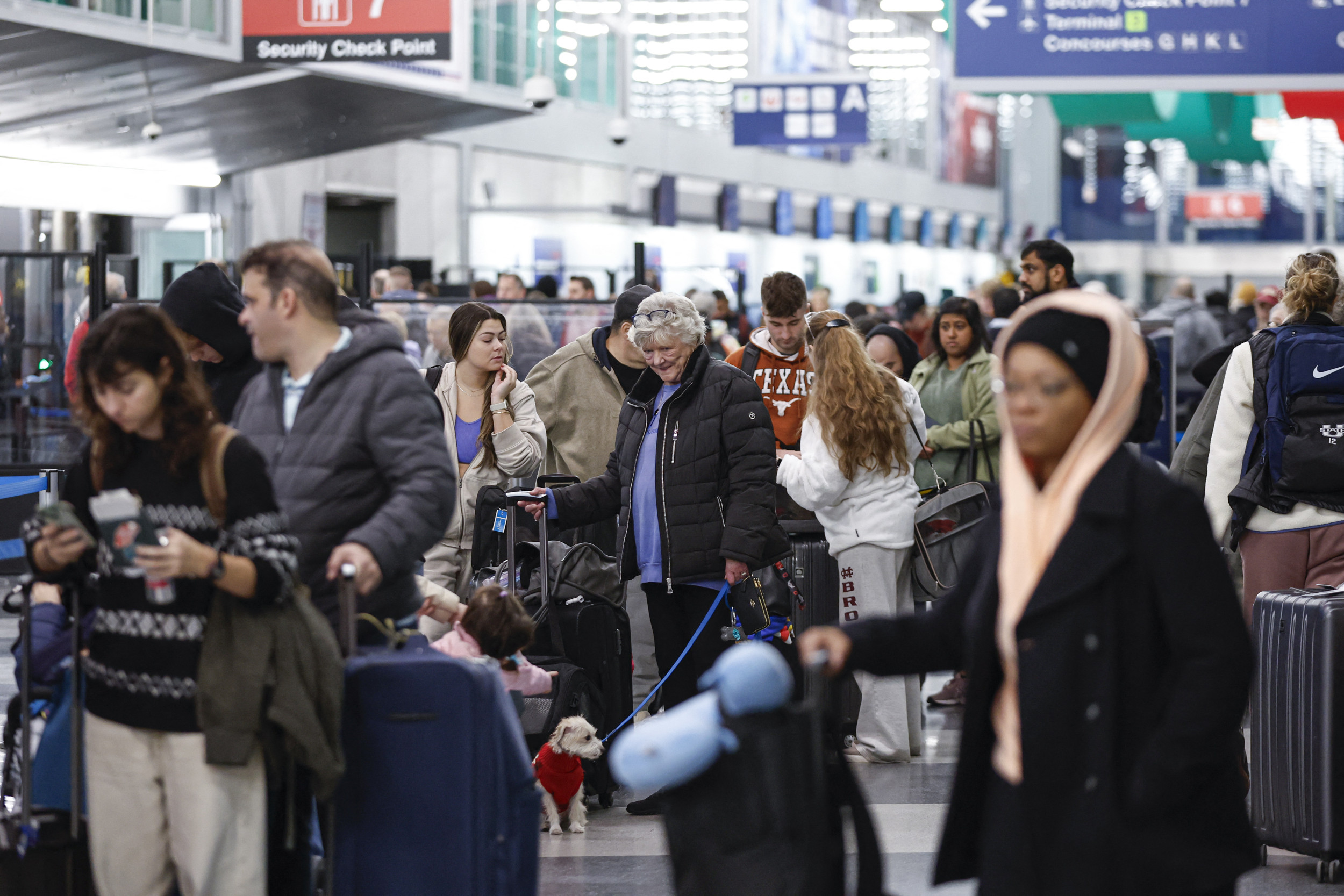World
The choice before the world: Development or expansionism

The years between 1991 and 2019 were perhaps among the best in human history. Wars seemed like relics except in the case of some African countries. Czechoslovakia broke up into The Czech Republic and Slovakia. The Soviet Union split into constituent countries. Yet, we didn’t see violence on the scale that happened during India and Israel’s independence.
Growing western dominance in the wake of the fall of the Berlin Wall, which peaked after the Soviet Union’s disintegration in 1991, was behind that phase of global peace.
The new language of neo-capitalism was knocking on our doors, and the next three decades were dedicated to stamping out the curse of extreme poverty. It was an extraordinary achievement that a billion souls were lifted from below the poverty line around the globe.
The world did see landmark terror attacks: The attack on the World Trade Center in New York that killed 3,000 people and destroyed billions of dollars–worth of property was chief among them. That same day, terrorists also deliberately crashed a hijacked aeroplane into the Pentagon, the United States (US)’s military headquarters.
The physical damage in that attack was limited, but the image of invincibility that the US had built around itself took a beating. A seething US and its allies launched a counter-attack in Afghanistan. This was not long after western experts had returned from Iraq with little proof that the West Asian country had held a stockpile of “weapons of mass destruction”. So the attacks in Afghanistan based on mere suspicion created an air of mistrust against the West. The US finally got to Osama bin Laden in Pakistan, again raising many questions that were left unanswered during the Iraq invasion.
This was when Russia and China, too, became overbearing. Russia bombed Syria, annexed Crimea, and later attacked Ukraine. China clashed with India in the Galwan Valley. Elsewhere, it questioned Taiwan’s sovereignty and is making life difficult for the Philippines in the South China Sea.
The disasters unfolding globally are a result of aggressive covetousness.
It’s not surprising then that the Russia-Ukraine war is in its third year, and Israel’s ruthless pounding of Gaza will enter its second year next month. Globally, more than 50 nations are grappling with internal or external conflicts. Iran was coping with the death of its president when Ismail Haniyeh, the top leader of Hamas, was murdered on its soil. Iran has vowed revenge. Meanwhile, the Israel-Lebanon conflict is intensifying.
The situation is disturbing to those who understand that conflicts impede economic prosperity. Prime Minister Narendra Modi’s Kyiv and Moscow visits have to be seen in this light. Modi has called on Russian president Vladimir Putin, Ukrainian president Volodymyr Zelenskyy, and US president Joe Biden to bring the conflicts to an end but none of these leaders has budged.
The puerile statements Zelenskyy made shortly after Modi’s departure clearly show that the latter is more concerned about his image than peace in the region. The same goes for the prime minister of Israel, Benjamin Netanyahu. He has ignored warnings from the US president. The behaviour of these global leaders amid growing conflict reminds one of the months preceding World War II.
How can this death wish be contained?
The United Nations (UN) Security Council can do this, and should. But the council is now the fiefdom of a few nations. Slovenia’s president Nataša Pirc Musar rightly said: “Why was the United Nations created? To offer peace and security to the whole planet. But this organization has a big problem and this is that the wars are not only fought on the field but also with veto powers inside the security council. In the past 25 years, we have been debating about reforming the United Nations. Today we see that the security council is not operative and that whenever we have certain interests at least three countries are there to use the veto powers. And I think that it is time that we start a discussion about a big reform on veto powers.”
Musar isn’t alone. Half the global population is in favour of UN reforms. If we want the economic reforms effected over the last decade to sustain we must reform the UN. Between depraved expansionism and development, we need to make the right choice.
Shashi Shekhar is editor-in-chief, Hindustan. The views expressed are personal








